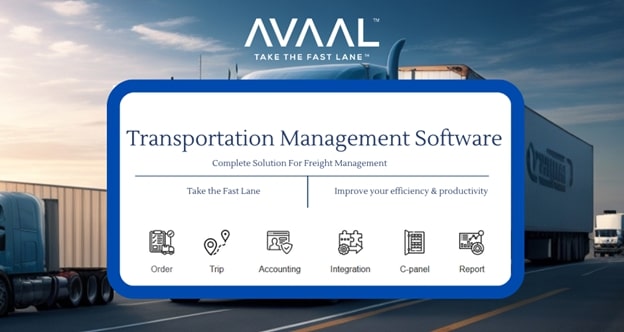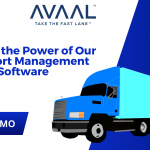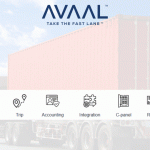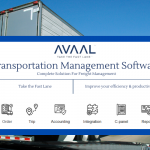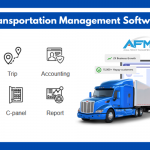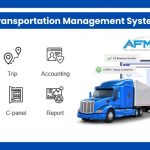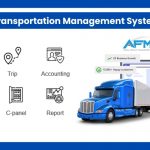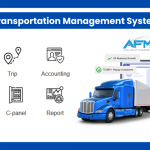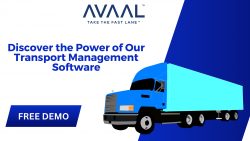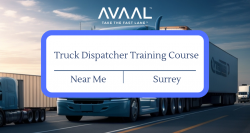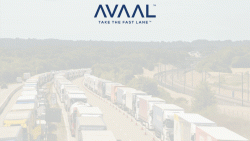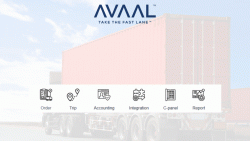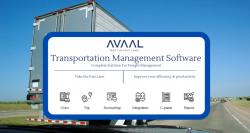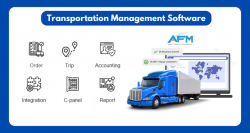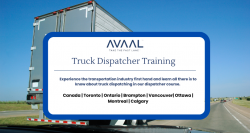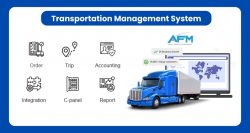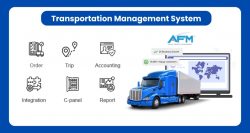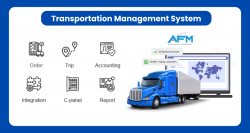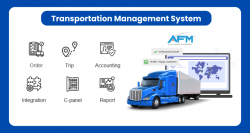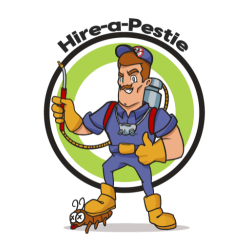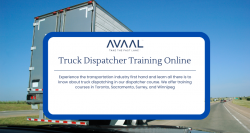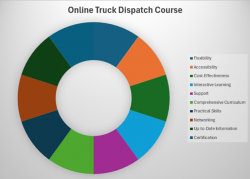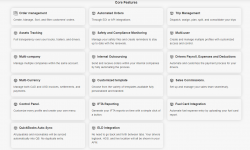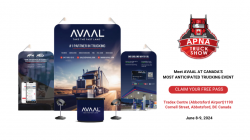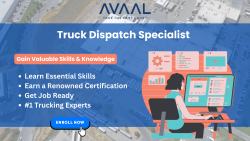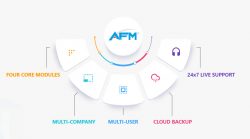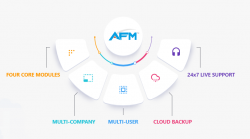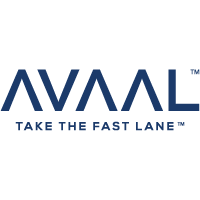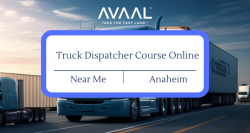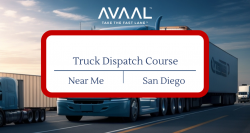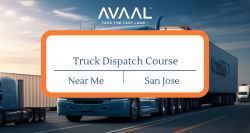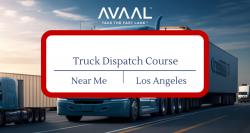How and When to Choose a Transport Management System
Transport Management Systems (TMS) have become an integral part of the logistics and supply chain industry. They streamline operations, improve efficiency, and reduce costs. But how and when should you choose a TMS for your business? Let’s delve into this.
Understanding Transport Management Systems
A Transport Management System is a software solution designed to manage and optimize the daily operations of your transportation fleet. It encompasses everything from route planning and optimization, freight audit, payment, order visibility, carrier management, and reporting & analytics.
When to Consider a TMS?
The decision to implement a TMS often comes when a business identifies certain challenges or opportunities for improvement. Here are some signs that it might be time to consider a TMS:
- Growing Operations: As your business expands, managing transportation manually can become increasingly complex and time-consuming. A TMS can automate many of these tasks, freeing up valuable time and resources.
- High Transportation Costs: If your transportation costs are eating into your profits, a TMS can help. It can optimize routes and loads, negotiate better rates with carriers, and provide visibility into your operations to identify areas for cost savings.
- Lack of Visibility: If you’re struggling to track shipments and provide updates to customers, a TMS can provide real-time visibility into your supply chain, improving customer service and satisfaction.
- Complex Compliance Requirements: Navigating the regulatory landscape can be challenging. A TMS can help ensure compliance with regulations, reducing the risk of costly fines and penalties.
How to Choose a TMS?
Choosing the right TMS involves careful consideration of your business needs, budget, and future growth plans. Here are some factors to consider:
- Functionality: Ensure the TMS has the features you need. This might include route optimization, freight audit and payment, carrier management, and reporting capabilities.
- Integration: The TMS should easily integrate with your existing systems such as ERP, WMS, and order management systems.
- Scalability: As your business grows, your TMS should be able to scale with you. Look for a system that can handle increased volume and complexity without performance issues.
- User-Friendly: The system should be easy to use. A user-friendly interface and good customer support can significantly reduce the learning curve and ensure a smooth transition.
- Cost: Consider both the upfront and ongoing costs. While a TMS can provide significant cost savings over time, it’s important to ensure the investment fits within your budget.
Manage user business from anywhere anytime with our Mobile apps and multi device web application- Avaal Technology
Technology is critical to the success of transportation companies these days. Having comprehensive and easy to use freight management software will help your business become more efficient and successful. AFM line of products includes AFM Suite, a cloud-based freight management suite, and AED Suite, a desktop-based software. Both come with multiple versions to accommodate your operations whether you are a freight carrier, auto hauler, intermodal, broker, or a 3PL company. AFM and AED come with four core modules: Dispatching, Accounting, Safety, and Reporting.
- Quick create order.
- Create Bulk Order
- Quick Miles/Route
- Edit Order List
Monthly and Yearly affordable plans.
- 5-100 trucks*
- eManifest Integration
- Unlimited Driver
- Dispatching Module
- Accounting Module
- Safety and Compliance module
- Reporting Module
- Free training
- 24/7 Live Support
Register Now
Avaal Freight Management (Transport Management System).
https://avaal.com/avaal-freight-management.php
